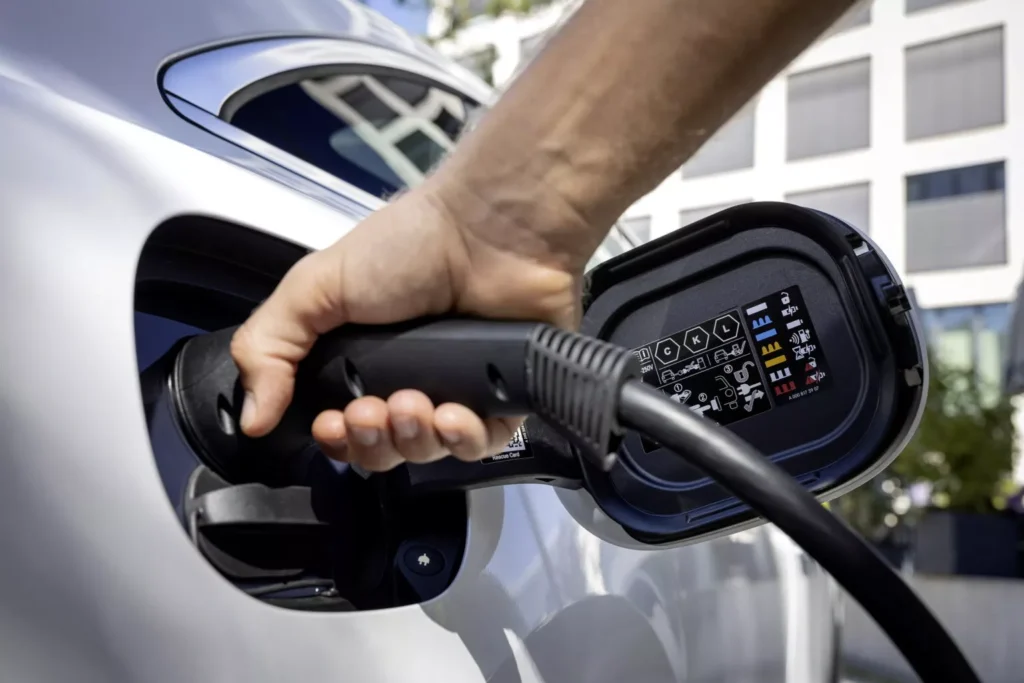The incoming administration under U.S. President-elect Donald Trump is expected to eliminate the federal tax credit for electric vehicles (EVs), which currently offers up to $7,500 in savings for EV buyers, according to sources familiar with the plan.
The federal incentive, aimed at reducing EV costs for consumers, could be rescinded as part of Trump’s tax reform agenda, which has advocated for less government involvement in promoting EVs. Two individuals with direct knowledge told Reuters that the tax credit’s removal is likely under the Trump administration, marking a shift from current policy favoring EV affordability.
Tesla, the largest U.S. EV manufacturer, reportedly expressed support for ending the subsidy in conversations with the Trump transition team, though this has raised skepticism. During Tesla’s recent Q3 earnings call, CEO Elon Musk referenced the benefits of the credit in making EVs more affordable, saying, “It will be like with incentive. So, $30K, which is kind of a key threshold.”
Despite potential benefits to Tesla, which has scaled to meet rising EV demand, analysts suggest other automakers could feel a greater impact. Companies such as General Motors, Ford Motor, and Rivian have relied on the credit to attract consumers. “EV tax credits getting pulled a negative for the industry… bullish for Tesla,” Wedbush analyst Dan Ives noted, adding, “Tesla has the scale and scope that is unmatched in the EV industry…giving Musk and Tesla a clear competitive advantage in a non-EV subsidy environment.”
Source: Reuters
